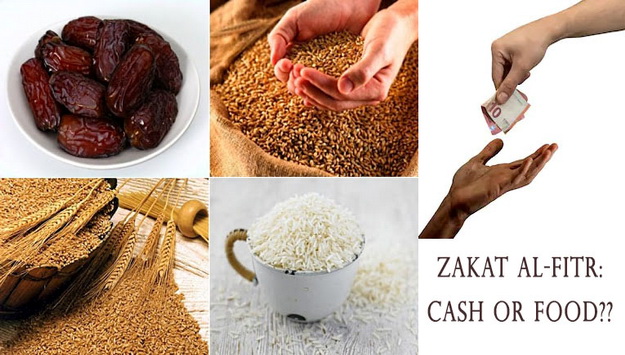The holy month of Ramadan is observed by millions of Muslims around the world. Here are a few tips to ensure good health during this time of fasting and contemplation.
1. Preferably break your fasts with dates.
2. Do not over-eat.
3. Do not consume too much fat and carbohydrates at the same meal.
4. Avoid highly processed foods (e.g. biscuits, white bread etc.)
5. Include all the food groups daily. A healthy, balanced diet usually includes foods from the different food groups in the correct amounts daily: at least six servings of unrefined starches, four servings of lean proteins, five servings of vegetables and fruits, two servings of low-fat dairy and three servings of healthy fats. This will ensure an adequate intake of macronutrients (energy, carbohydrates, protein and fat), micronutrients (vitamins and minerals) and fibre.
6. Eat plenty of fibre-rich foods. Fibre is essential to prevent constipation, control blood-sugar levels, reduce high cholesterol levels and increase satiety levels. It’s easy to meet your fibre requirement during this month: at the early-morning meal (sehri), include a fibre-rich option like whole-wheat toast with tea or coffee and cereal with some fruit. For the evening meal (iftar), include pasta or brown rice with lentils and vegetables, or a curry with whole-wheat roti.
7. Consume whole grains as opposed to sugary foods, this shall help maintain and sustain blood glucose levels for longer and help avoid the slump associated with high sugary meals.
8. Do not drink too much with your food, it is better to drink most of your liquids before or after your meal (30-60 mins. after is ideal).
 navedz.com a muslim's Quest for the truth
navedz.com a muslim's Quest for the truth







